Every genius has their own unique way of immersing themselves in their work. Often, this means avoiding the limelight and focusing quietly to achieve remarkable discoveries. One such extraordinary genius is Grigori Perelman, a mathematician who shuns interviews and prestigious awards and is uninterested in fame or fortune.
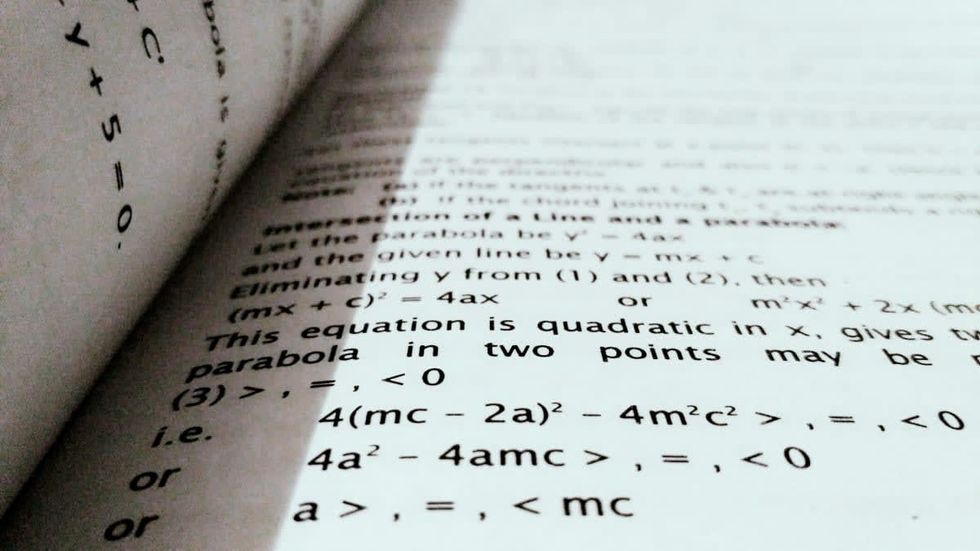
A Russian mathematician, Perelman, also known as "Grisha," is famous for his contributions to the fields of geometric analysis, Riemannian geometry, and geometric topology. He is currently jobless and lives in a shabby flat with his mother and sister in St. Petersberg. As per The Guardian, his house is infested with cockroaches, but he doesn’t care.
Perelman lives in total seclusion, refusing to speak to any kind of media or journalists. Once a journalist, who was able to reach him via phone was recorded reporting that Perelman told him, "You are disturbing me. I am picking mushrooms." Neighbors often see him wearing the same worn coat and trousers. He rarely shaves or trims his nails and usually walks with his head down. Despite this, he is one of the world's most prominent mathematicians.

Born in Leningrad, Soviet Union, Perelman acquired a PhD from Leningrad State University, and his work earned him research positions at several universities in the United States. His mother recognized his affinity for numbers when he was as small as 10 years old, according to My Modern Met. Later on, he turned out to become a mathematician who solved one of the most impossible mathematical mysteries, the Poincaré conjecture.
Some of the world’s leading mathematicians were stunned by Perelman’s hypotheses, and they confirmed it to be true. In December 2006, his proof was recognized as one of the most significant in the field of mathematics and was published in the journal Science with the honorary title “Breakthrough of the Year.”
But Perelman then abruptly disappeared into St. Petersburg. He declared that he was quitting professional mathematics as he felt disappointed by the ethical standards of the arena. This news was followed by his refusal to collect the prestigious Fields Medal that he received for “his contributions to geometry and his revolutionary insights into the analytical and geometric structure of the Ricci flow.”
Perelman bluntly rejected the honor, stating, "I'm not interested in money or fame," and adding, "I don't want to be on display like an animal in a zoo. I'm not a hero of mathematics. I'm not even that successful; that is why I don't want to have everybody looking at me." He skipped the award ceremony in Madrid, where King Juan Carlos was to present the medal, attracting significant media attention. Soon after, he also declined a $1 million prize from the Clay Mathematics Institute in 2010.
"He has rather strange moral principles. He feels tiny improper things very strongly," Sergei Kisliakov, director of St Petersburg's Steklov Mathematics Institute where Perelman once worked as a researcher, told the Guardian. Kisliakov added that Perelman quit the world of mathematics in disgust four years ago. He believed that his fellow mathematicians were not worthy to give this award to him. "He severed all contact with the community, and wanted to find a job unrelated to maths," Kisliakov said. "I don't know whether he succeeded in that."
Seeing Perelman’s refusal of the whopping award, the Warm Home charity requested him to accept the award and then donate it to Russian charities. Whether he followed this or not is not yet clear. He has been living in isolation since then.
According to Nature, science writer Masha Gessen extensively researched the reclusive mathematician, interviewing his teachers, math coaches, and colleagues in the U.S., Russia, and Israel. She consulted psychologists, who suggested his eccentric habits might align with Asperger's syndrome. However, when asked about his life, Perelman reportedly said, "I have all I want."
Editor's note: This article was originally published on June 10, 2024. It has since been updated.





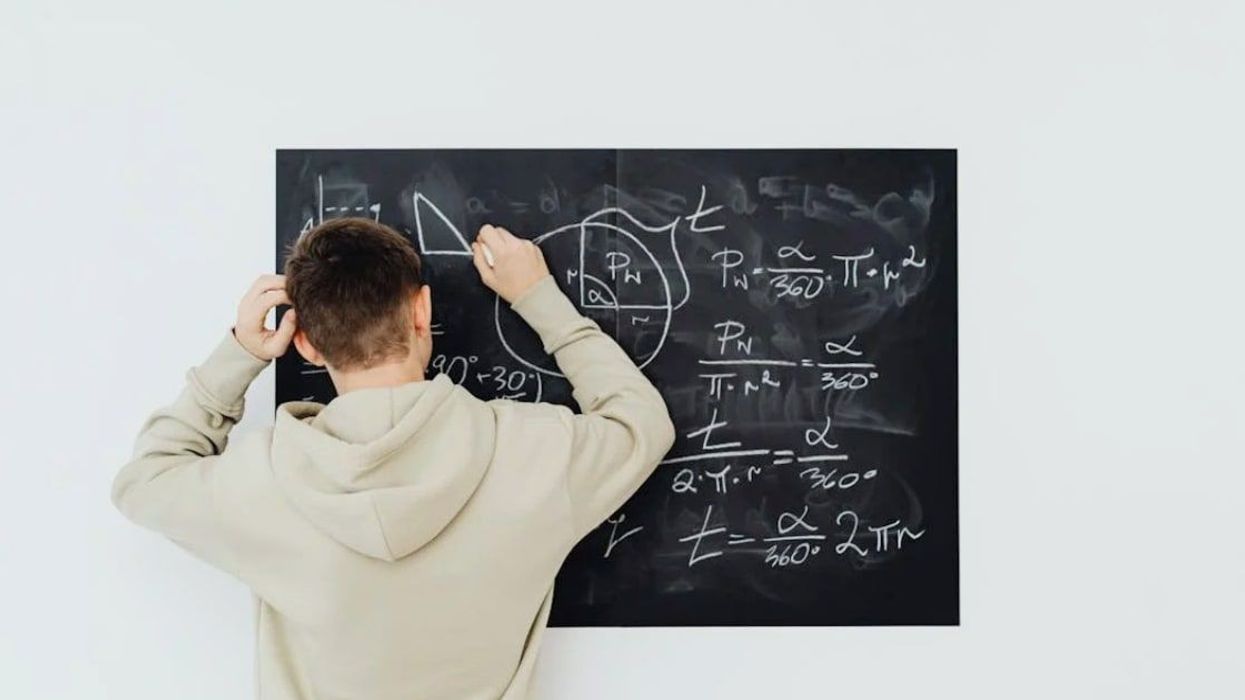












 A symbol for organ donation.Image via
A symbol for organ donation.Image via 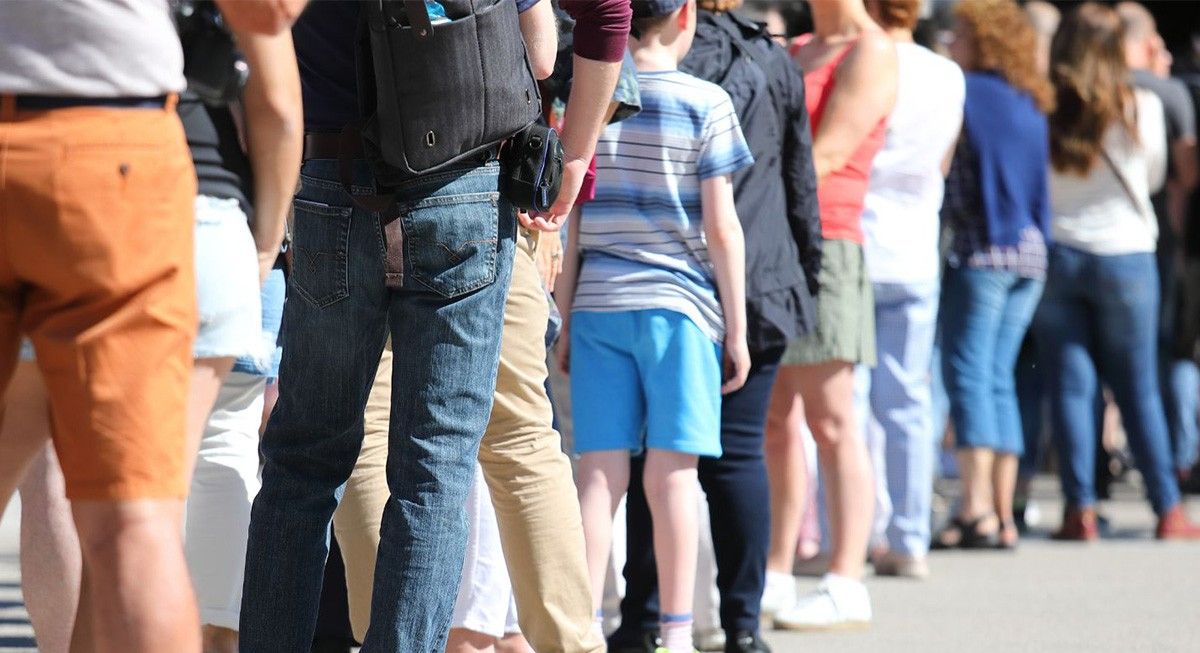 A line of people.Image via
A line of people.Image via  "You get a second chance."
"You get a second chance." 
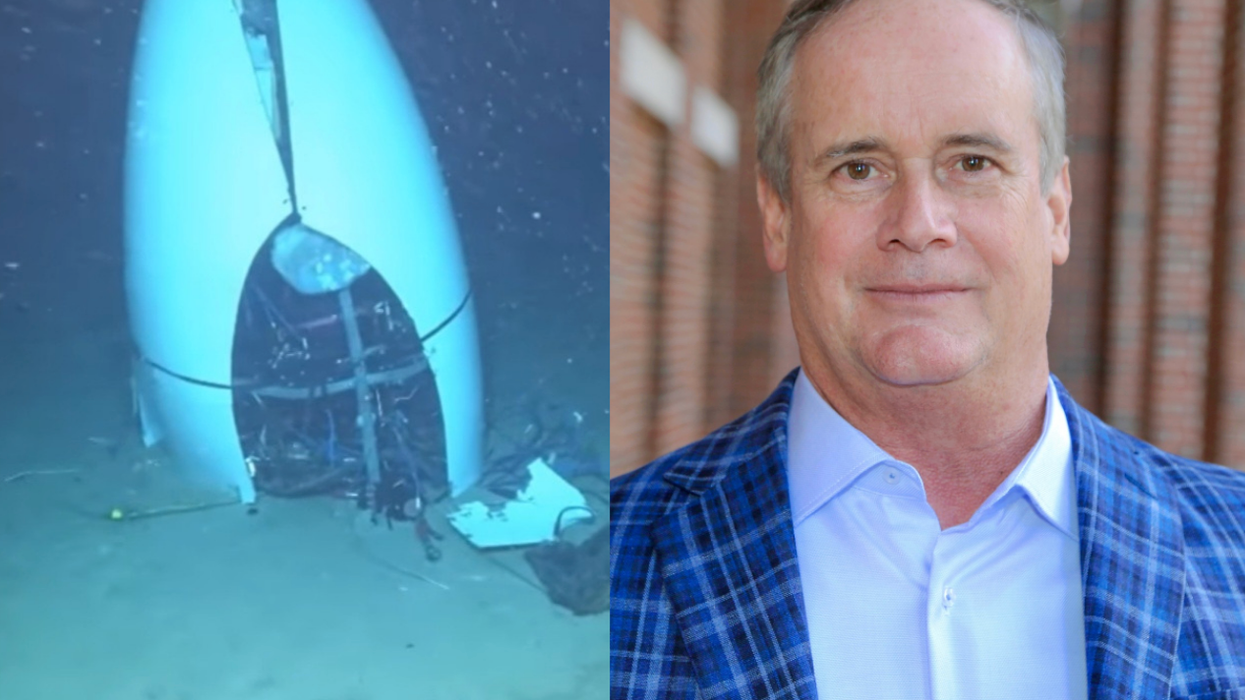

 36 is the magic number.
36 is the magic number. According to one respondendant things "feel more in place".
According to one respondendant things "feel more in place". 
 Some plastic containers.Representational Image Source: Pexels I Photo by Nataliya Vaitkevich
Some plastic containers.Representational Image Source: Pexels I Photo by Nataliya Vaitkevich Man with a plastic container.Representative Image Source: Pexels | Kampus Production
Man with a plastic container.Representative Image Source: Pexels | Kampus Production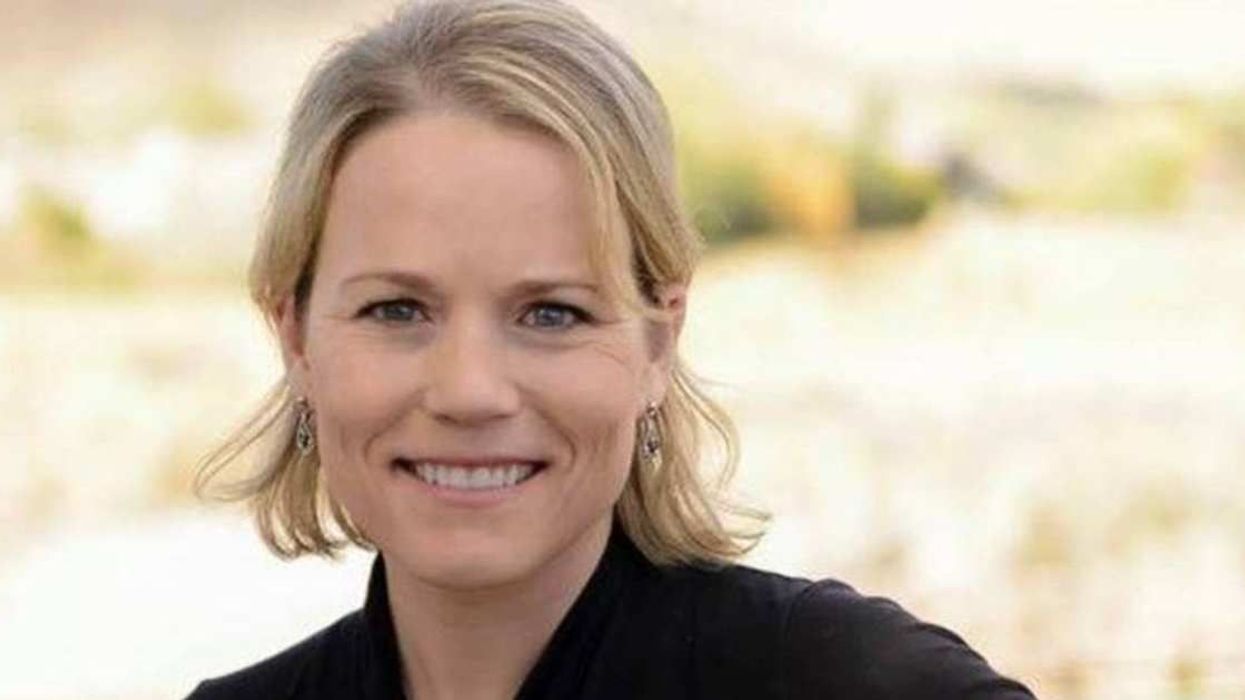
 Canva
Canva It's easy to let little things go undone. Canva
It's easy to let little things go undone. Canva
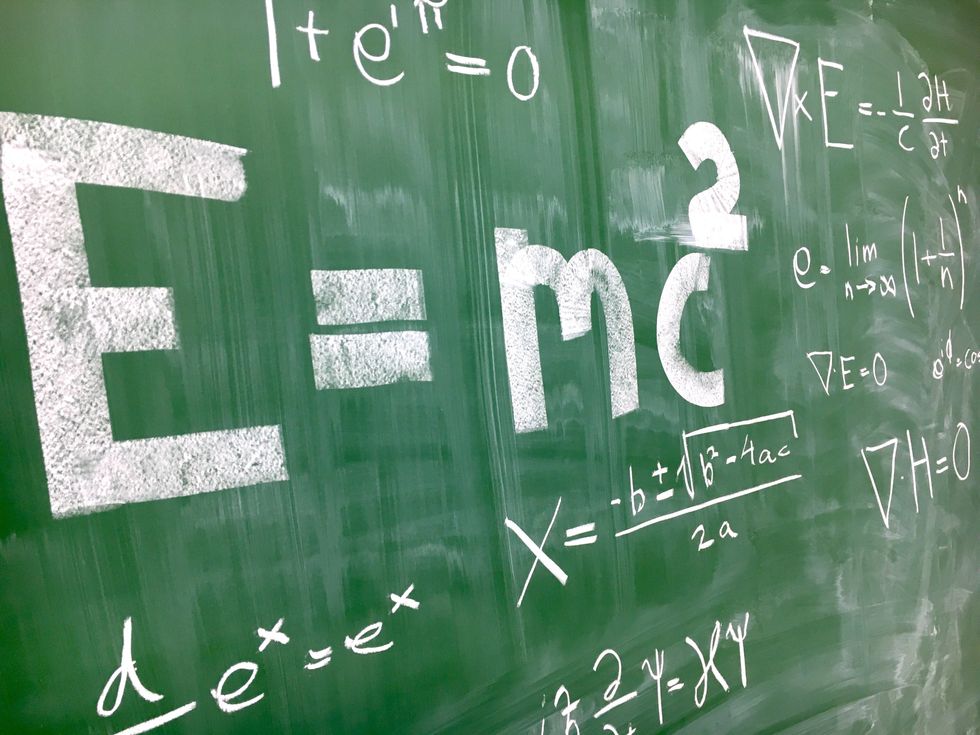 Photo by
Photo by 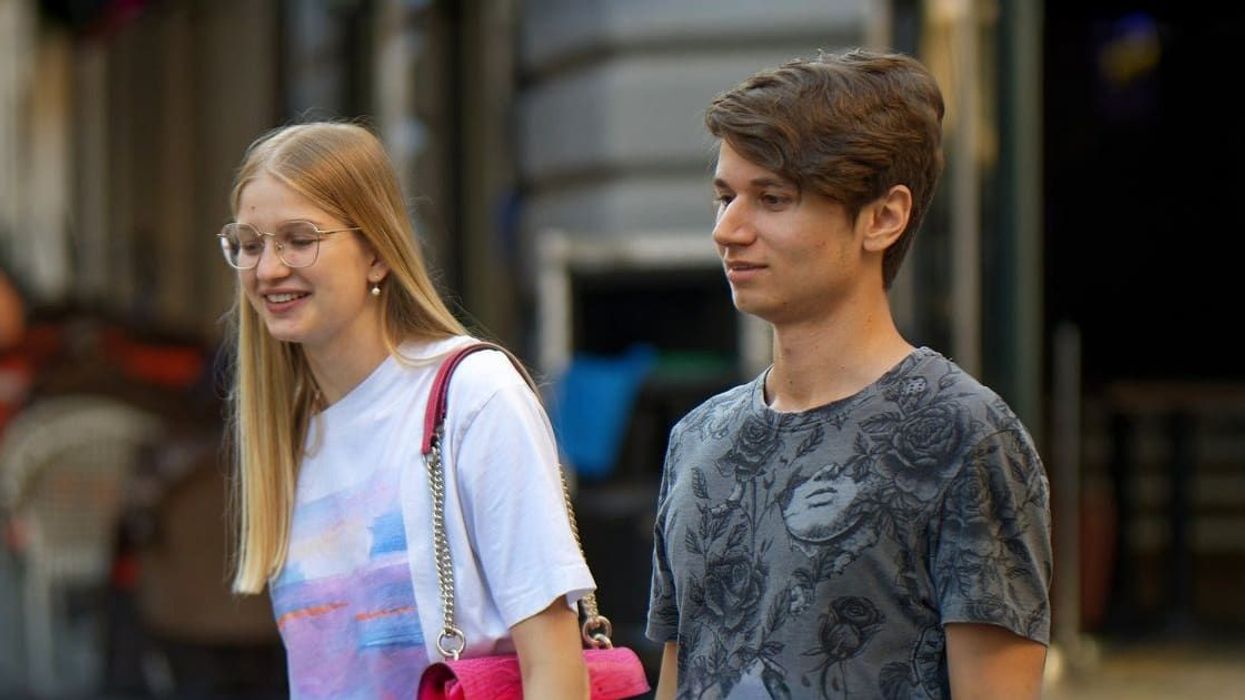
 Teens are waiting longer than at any point in the survey’s history. Canva
Teens are waiting longer than at any point in the survey’s history. Canva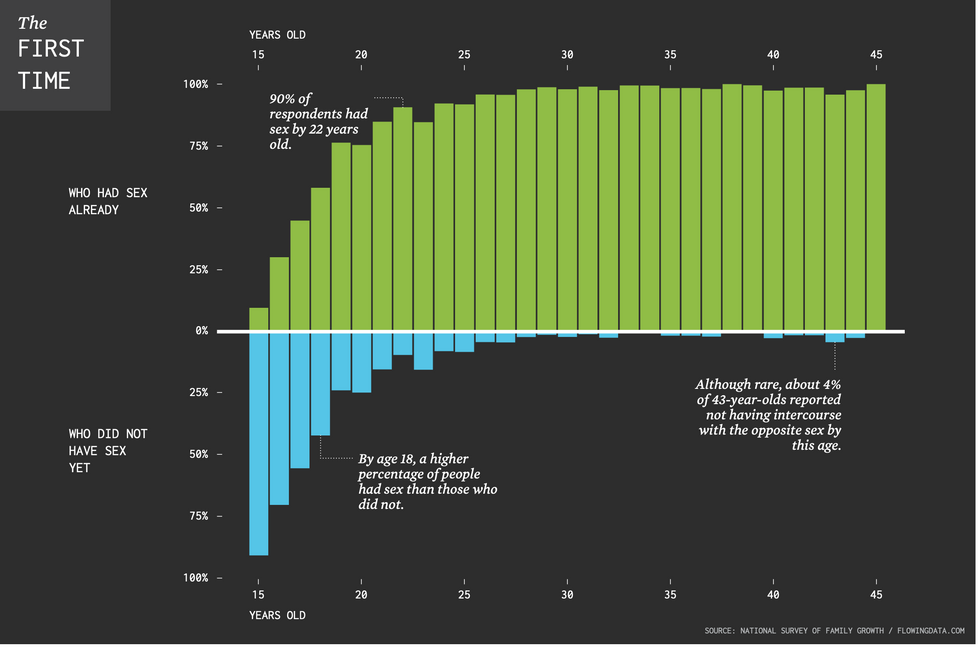 Chart on the age of a person’s first time having sex.National Survey of Family Growth/flowing data.com | Chart on the age of a person’s first time having sex.
Chart on the age of a person’s first time having sex.National Survey of Family Growth/flowing data.com | Chart on the age of a person’s first time having sex.